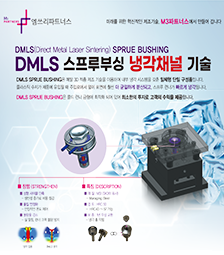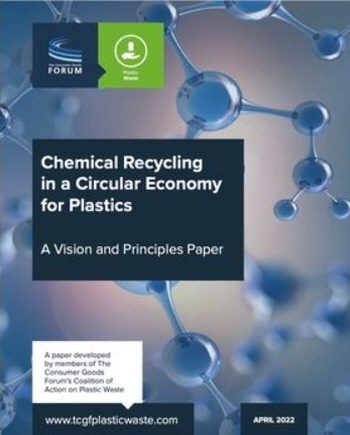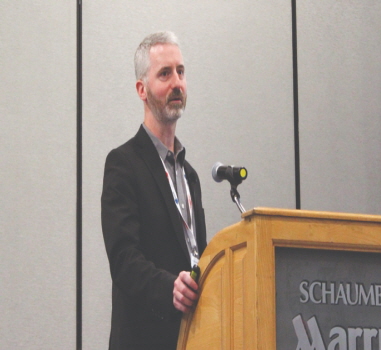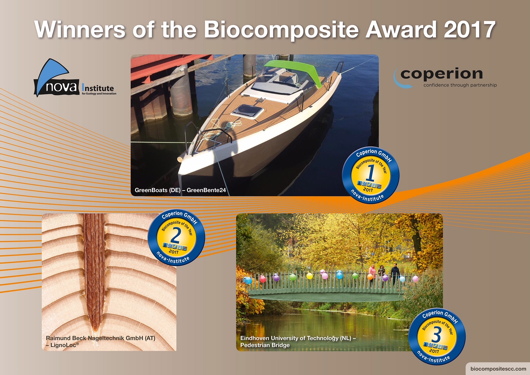Bio magazine
The Policy Framework of Bio-Based Plastics Markets
The newly published report “Policies impacting bio-based plastics market development and plastic bags legislation in Europe” from nova-Institut GmbH, Hürth, Germany, looks at how different parts of the world handle the development of the bio-based plastics sector politically.
Motivations for supporting the bio-based plastics sector (and the bio-based economy in general) vary strongly from region to region. In the US, the driver for bio-based products and plastics are resource security and agricultural market policy, while in Japan there is a strong drive towards products with a green image. In Europe, resource utilization, GHG emissions, recyclability and compostability are important drivers in developing supporting policies. Industrial development is an important driver in South East Asia, Brazil and China.
![]()
▲ Bioeconomy: More than circular economy (© nova-Institut)
In contrast to biofuels, there are currently no strong, comprehensive policy frameworks in place to support bio-based materials (such as mandatory targets, tax incentives, etc.), and, as a result, these products suffer from a lack of raw material supply, low investment security or also consumer confidence. However, a variety of policies from different sectors influence bio-based materials.
The report analyzes which policy frameworks can have a beneficial influence on the developments of bio-based plastics and provide positive environments to setting up bio-based businesses. Strong political support can only be found in Italy and France for biodegradable solutions in the packaging sector. In this sector, the global demand for biodegradable packaging shows a double digit yearly growth.





















